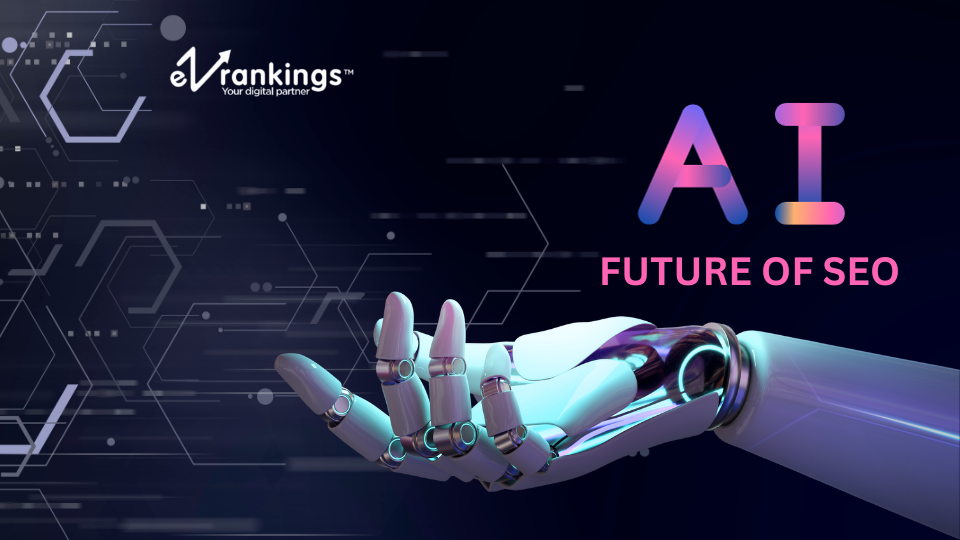
AI integration in digital marketing is changing how businesses approach AI Content Optimization for search engines, providing invaluable insights, efficiency, and effectiveness that could enable their companies to stay ahead of the competition online. Here, we explore its impact, key strategies, and potential.
The Rise of AI Content Optimization
AI is no mere buzzword: it is an innovative technological marvel that has pervaded various industries – and SEO is no different. Traditional methods for content optimization are being supplemented or even completely replaced with AI algorithms capable of processing large volumes of data at lightning speed. Here’s how AI is revolutionizing SEO:
Advanced Keyword Analysis with AI:
AI algorithms possessing incredible processing powers can analyze vast quantities of data to quickly and precisely identify keywords and phrases with high precision – going far beyond traditional keyword research – thus helping businesses better understand user intent, context, and emerging trends.
Content Creation and Personalization:
AI-driven tools study large volumes of high-performing content to produce new articles tailored for specific target topics and keywords. They analyze audience engagement data to customize content for optimal readability and sharing potential. This boosts the volume and relevance of optimized content brands can leverage for SEO and thought leadership without extensive human resource requirements.
Natural Language Processing (NLP):
NLP applications comprehensively examine content to uncover critical entity and sentiment data. They provide automatic text summaries, categorization and translation. For SEO, NLP powers keyword extraction and content gap analysis, recommending new topical areas for coverage. It also ensures brand and industry terminology is optimized throughout materials.
Predictive Analytics for SEO:
Machine learning algorithms crunch terabytes of ranking factors and user behavior metrics to forecast unknowns. They predict how content or keyword changes impact traffic, leads, and ROI. SEO professionals leverage these insights to precisely target development and outreach investments toward strategies with the highest projected returns on efforts for current and new campaigns.
Strategies for AI Content Optimization
Implementing AI-Powered SEO Tools:
Leading agencies employ the latest AI applications to streamline processes and boost results. Tools like keyword generators, sentiment and topic analyzers, plagiarism checkers, and backlink opportunity scanners optimize content production workflows. They surface insights and data-driven recommendations that inform strategy. With AI augmentation, professionals focus energy on high-level tasks while gaining productivity savings.
Harnessing Chatbots and Virtual Assistants:
Bots and AI helpers handle customer inquiries through chat and messaging to provide fast support. They also collect user data to tailor website experiences. When integrated into sites powered by AI content, these virtual representatives ensure optimized pages are found and fully leveraged by searchers. They direct real-time traffic and qualify leads at global scales.
Dynamic Content Optimization:
AI can enable dynamic content optimization, where website content can be automatically customized based on user behavior, preferences and real-time data to increase engagement and satisfaction while at the same time improving SEO metrics. AI enables this personalized approach that significantly boosts engagement levels and SEO metrics.
Voice Search Optimization:
SEO must accommodate non-text requests as Siri, Google Assistant, and Alexa become more prevalent. Professionals incorporate natural-speaking keyword phrases optimized for voice throughout the content. They also prioritize SEO elements like citations, accuracy and freshness that voice platforms prioritize. By addressing intent and anticipated questions in an audible format, sites can see improved answer rates and brand exposure from the fast-growing voice interface vertical. Comprehensive optimization tactics factor in evolving multimedia engagement.
The Future Landscape of SEO
Artificial Intelligence in content optimization is more than a trend; it represents a fundamental change that will shape SEO’s future. As search engines refine their algorithms and prioritize user experience, businesses that utilize AI-powered strategies will gain an edge. Here is what the future landscape of SEO with AI looks like:
Hyper-Personalization:
Its AI can enable businesses to provide highly tailored content experiences to individual users on an unprecedented scale, from product recommendations through search and conversion. This extends far beyond product recommendations alone!
Real-Time SEO Adaptation:
AI’s real-time data processing enables SEO strategies to be adjusted as needed – providing crucial agility in an ever-evolving digital space where trends, user behavior, and search algorithms often change swiftly.
Augmented Content Creation:
AI will complement human creativity rather than replace it, helping content creators work alongside AI tools to brainstorm, optimize, and fine-tune content to make maximum impactful statements. This collaborative approach to content production leads to more efficient and cost-effective processes for creating original media pieces.
Predictive User Behavior Analysis:
AI algorithms will become even more adept at anticipating user behaviors, enabling businesses to optimize content proactively based on the anticipated needs of potential visitors, thus making SEO strategies even more successful. This proactive approach could become a key factor for long-term SEO strategies.
Conclusion
AI content optimization is more than a mere futuristic glimpse. AI helps businesses adapt more efficiently and stay ahead of the competition through digital marketing initiatives that utilize this innovative technique.
The advent of this trend ensures businesses not only remain current with current online environments but stay one step ahead as AI advances the field further each day.
As we navigate this transformational path, businesses must embrace AI technologies and evolve their strategies while prioritizing user experiences. By doing this, businesses will increase visibility in search engine results and future-proof their digital presence in an age where AI plays such an integral part.
Take steps now to implement AI content optimization to stay ahead in an ever-evolving SEO landscape!
